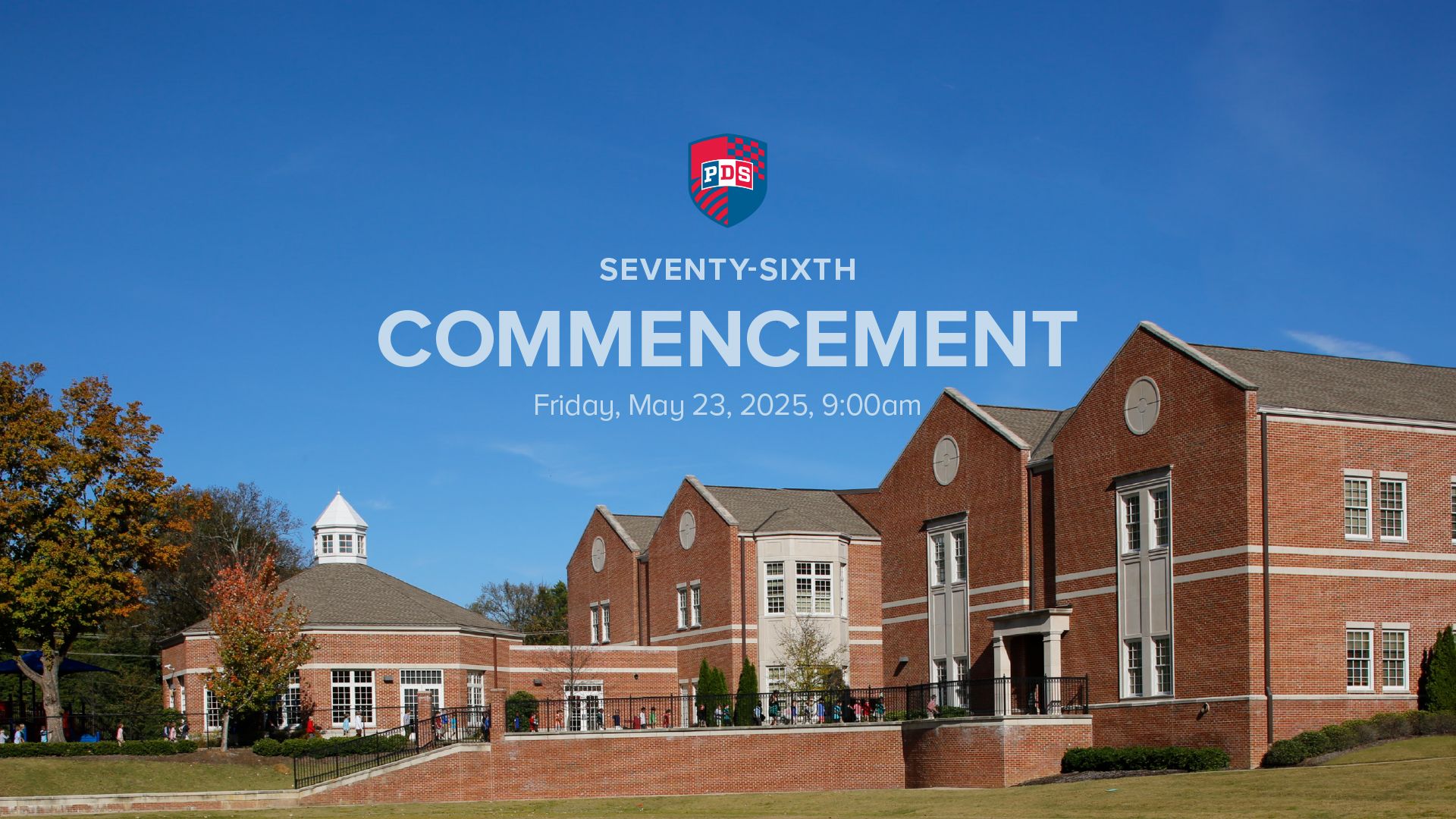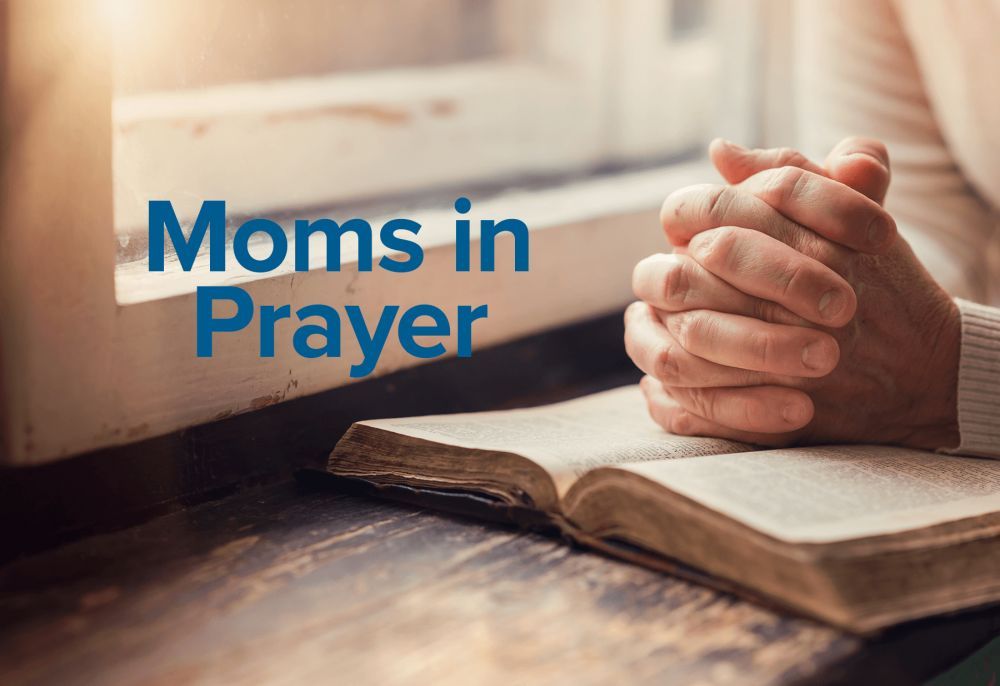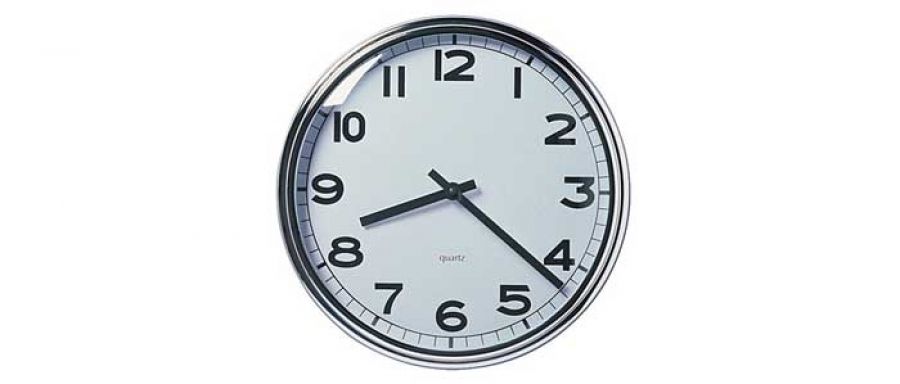News
- Show All
- 4th Grade
- 5th Grade
- 6th Grade
- All Grades
- Annual Fund
- Athletics
- Back to School
- Form
- Library
- March Mania
- Strategic Parenting Events
- Video
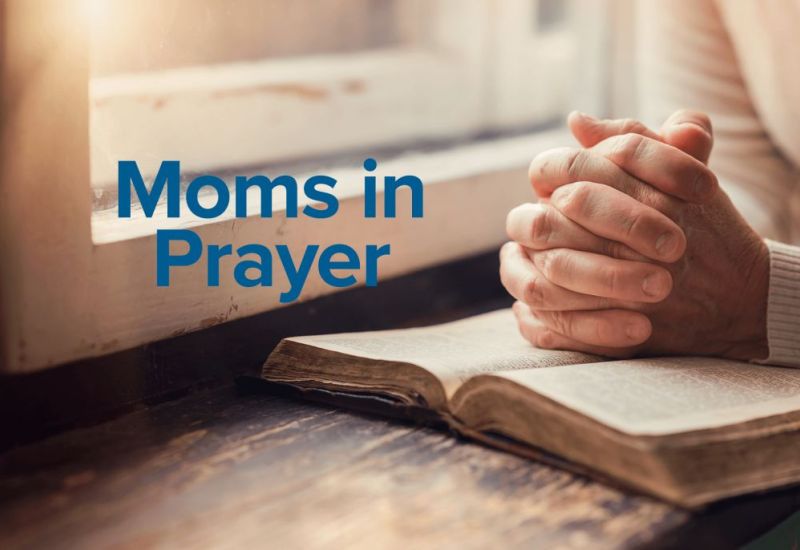
Interested in Hosting Moms in Prayer Next Year?

2025 Graduation - Livestream

Important Update: Student Account Payments for 2025–2026
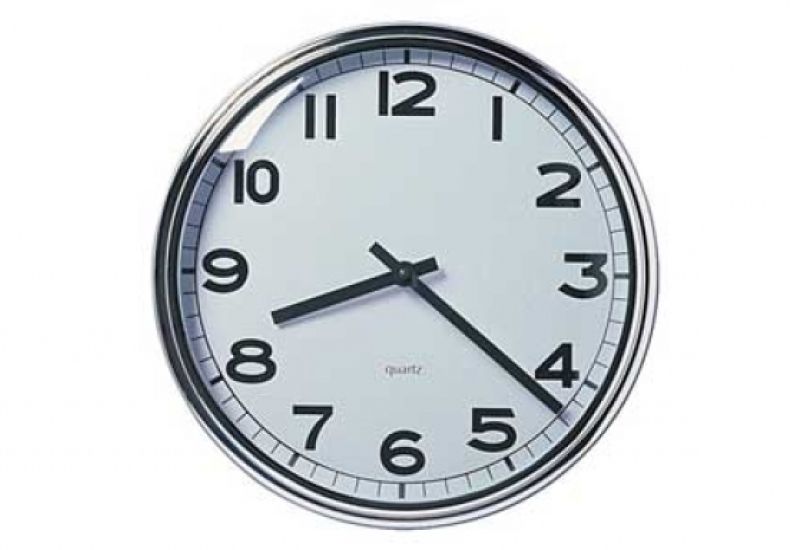
Summer Library Hours

Open Gym Dates for Rising 4th-6th Grades
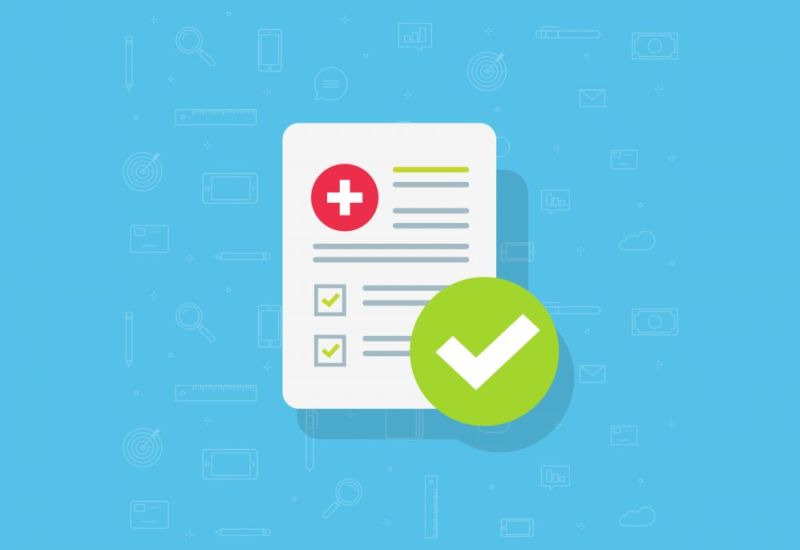
Required Medical Forms for Back-to-School

Change of Address or Phone Number? Please Let Us Know!

Fall Athletics Sign-Up: Football, Cross-Country, & Tennis
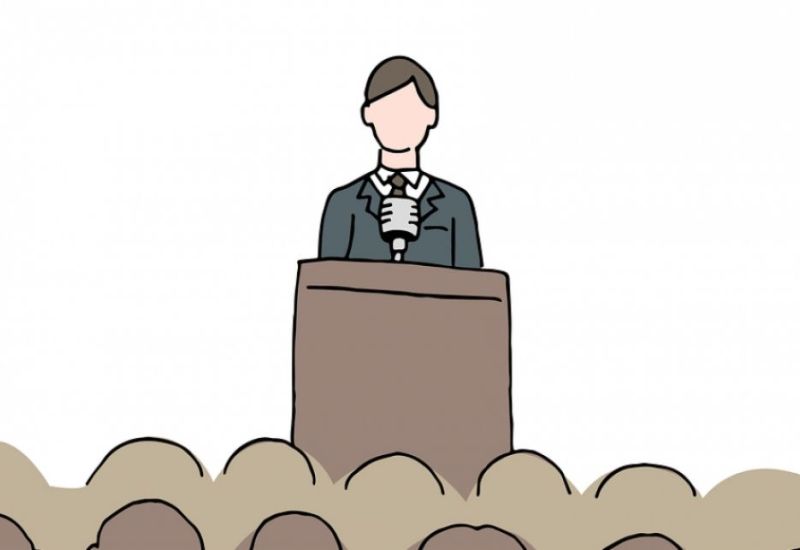
6th Grade Motsey Hudson Speech Winners - 2025

Carpool Traffic Pattern Change - Effective Monday

Annual Fund: Take Advantage of Corporate Matching Gifts

PDS Maker Faire - Tomorrow!

Parent Event: Helping Boys Thrive - Parenting in Changing Times • Wednesday, April 16

Parent Book Club: The Read-Aloud Family - Tuesday, March 25

March Mania is Here! Bid Now!
Instagram: @pdsmemphis
School Calendar
Register for Events
Schedule a Tour
Available year-round!
We love showing off our campus and our boys.
To Schedule a tour, contact Rachel Bishop, Director of Admission at
Father/Son St. Louis Trip
Cultural Connections Trip: DC / Philadelphia 25-26
This trip is intended to immerse our boys in the functions of our federal government, our nation’s history, and to experience one of the most important cities of the world.
Cultural Connections Trip: NYC / Boston 25-26
Final Dates TBA, but it will be the week of April 12-18, 2026
From two iconic American cities, boys will explore how events like the Revolutionary War shaped both America's past — as well as its present and future in a global context. Students will visit places that have made America into the melting pot it is today, the bedrock of our financial institution, and our recent history at the 9/11 Memorial. They'll also learn about how these locations create vital links between past events and future possibilities – both for Americans as well as nations around globe!

